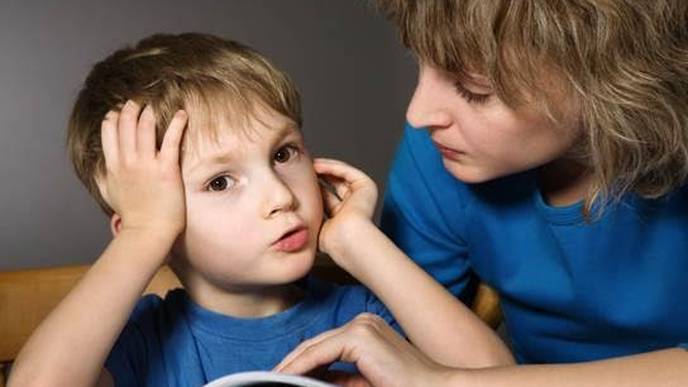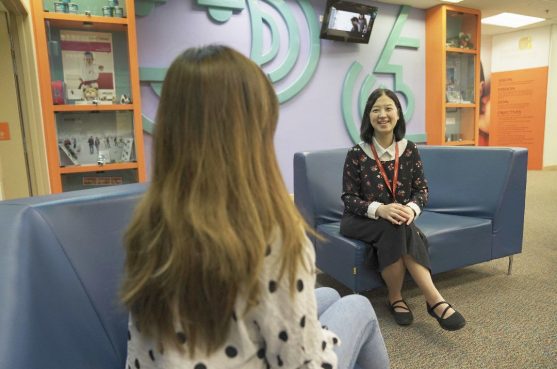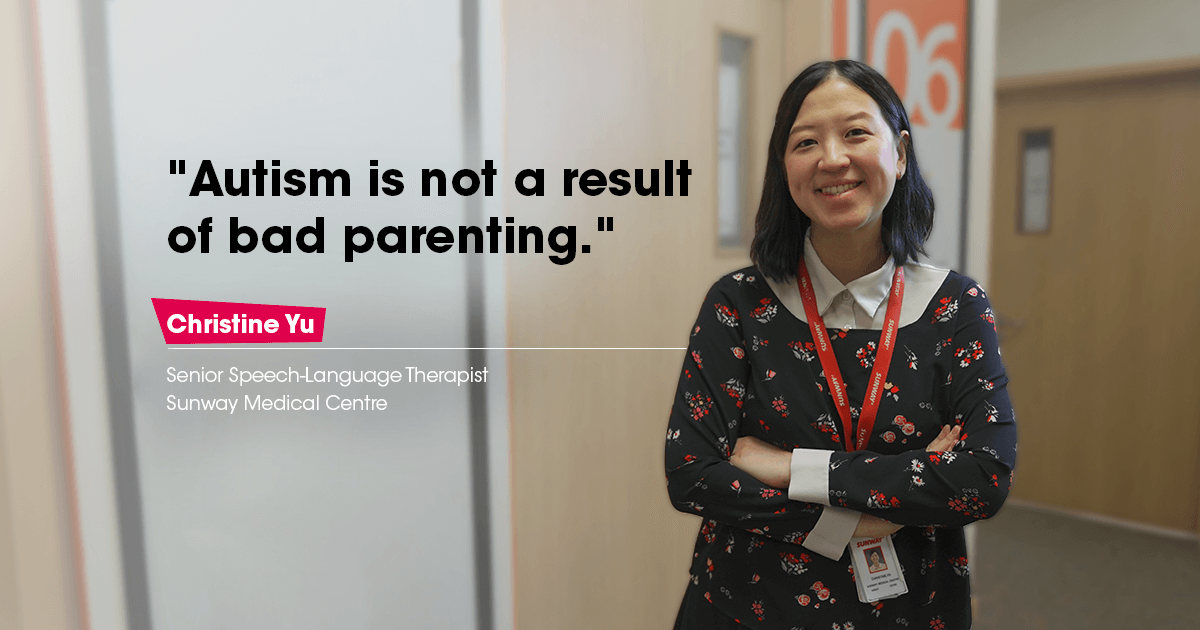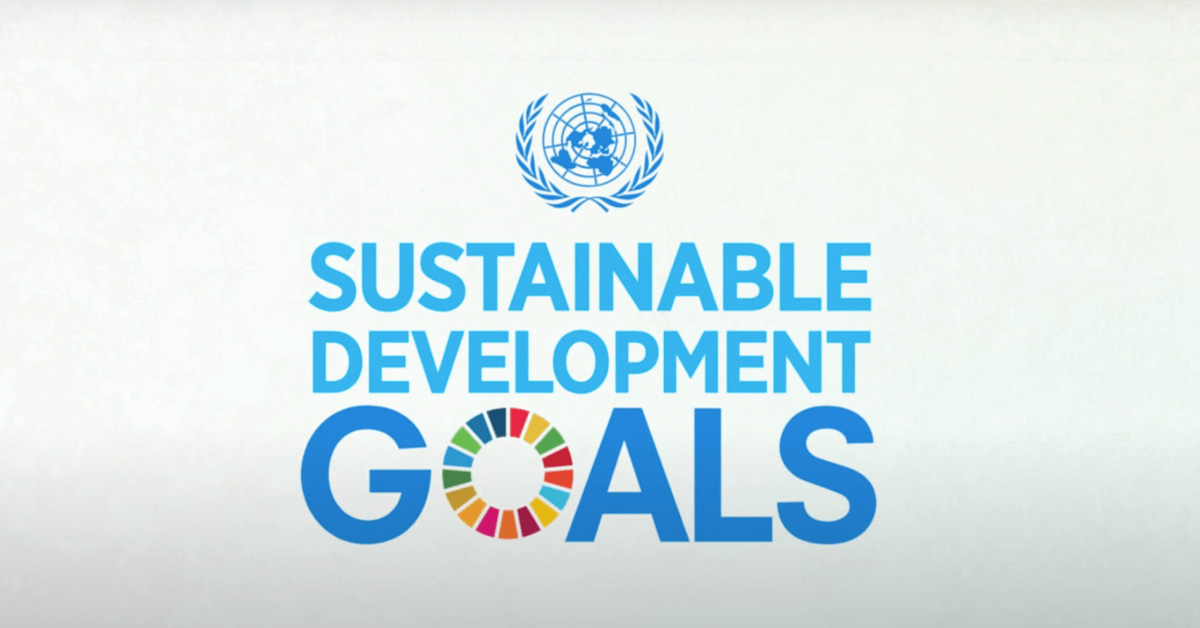Early Signs of Autism
-
In an interview with Christine Yu, a Senior Speech-Language Therapist at Sunway Medical Centre, she shares with us some early tell-tale signs of autism in children.
Autism spectrum disorder (ASD) is a neurological and developmental disorder that begins early in childhood and lasts throughout a person’s life. It affects how a person acts and interacts with others, communicates, and learns.Source: MedlinePlus.gov
Common misconceptions about autism are that it is a result of bad parenting and caused by vaccines. Others also say that people with autism are always aggressive or violent. While none of these are true, there are ways to identify real signs of autism that may present itself in early childhood and can be identified as early as 18 months old.
Some of the early signs of autism are as follows:
They don’t use meaningful gestures
If by 12 months they don’t use their forefingers to point or wave their hands as goodbye, that may indicate autism as gestures don’t come naturally to them.
They have trouble with their speech and language
Although problems with speech is not uncommon in children, there are specific red flags that indicate autism in children. They often repeat words, use odd phrases or made up words, and use too many words.
They don’t look at you in the eye
Children with autism make limited eye contact with other people as they find it stressful.

Credit: Reachmd.com
They are less responsive to their name being called
Most take a longer time to react or don’t respond at all when someone calls out for them.
They demonstrate repetitive motor movements
Instead of using gestures, they make random movements such as hand flapping and spinning etc.
They always line up their toys
While this might be normal in normal children, autistic children obsessively organise their toys or other objects all the time.

Credit: VeryWellHealth.com
They find it difficult to adapt to changes in their environment
Autistic children like routines and rituals and hate it when these things are being changed.
They have difficulty in making friends
Two-way conversations with others are a struggle for them to initiate and maintain.
As speech therapists, we can help parents of children with ASD cope by referring them to trained professionals who will teach them the right skills and strategies to better handle their child. We also encourage parents to join parent support groups that will give them the emotional and moral support they need from other parents who are going through the same journey.






































